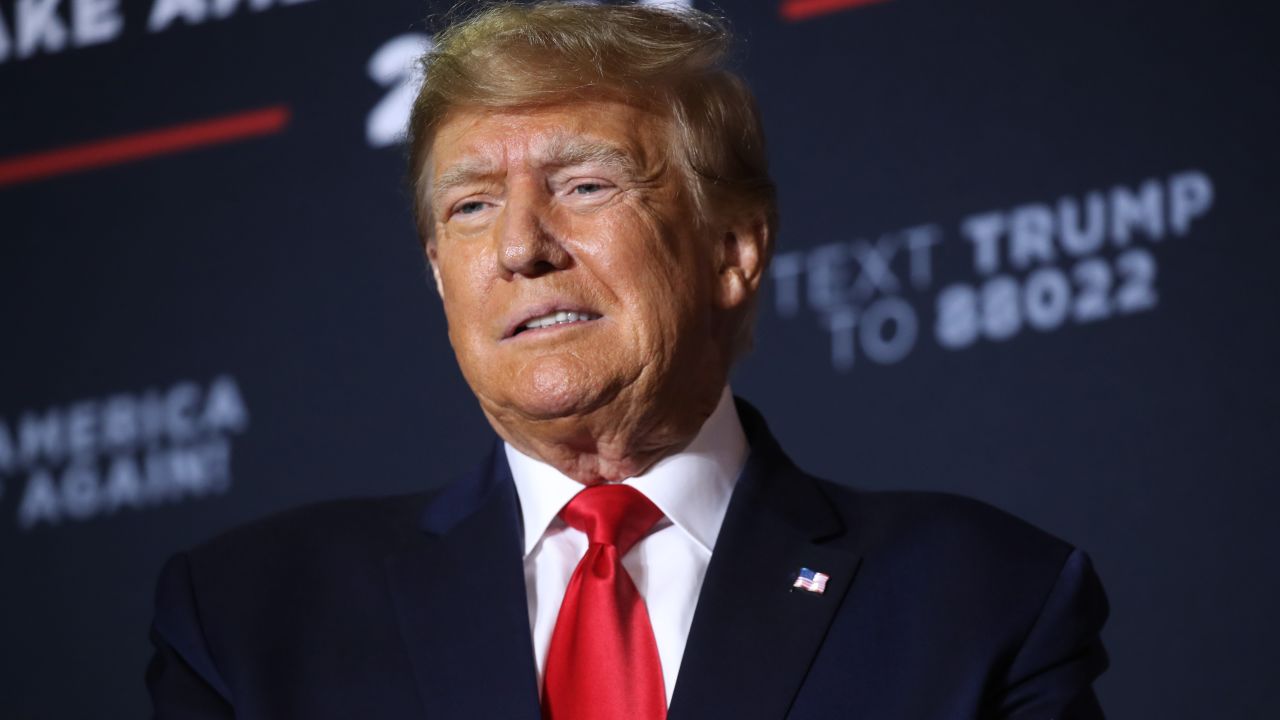Trump Signals Japan "Very Rapidly" Softening Tariff Position

U.S. President Trump Claims Rapid Changes in Trade Negotiations with Japan and Others
U.S. President Donald Trump has recently expressed optimism about the evolving dynamics in trade negotiations, particularly with Japan and other key trading partners. He highlighted that these nations are shifting their approaches to tariff discussions "very, very rapidly," suggesting potential progress in upcoming agreements.
During a press briefing, Trump specifically mentioned Japan and the European Union as major players in current trade talks. He reiterated his long-standing claim that Japan has been hesitant to import American cars and agricultural products. "The European Union is talking to us. They want to open up their country. I would say Japan (is), to a much lesser extent, in terms of opening up their country," he stated.
Trump emphasized the disparity in trade relations between the U.S. and Japan, noting that while the two countries maintain close ties, there is an imbalance in trade volumes. "Japan, as you know...we're very close to Japan, but they sell us millions and millions of cars a year. We sell them no cars because they won't accept our cars, and they won't accept much of our agriculture either," he explained. However, he added that this situation is changing quickly.
Tariff Increases and Revenue Gains
In recent weeks, Trump's administration has taken a unilateral approach by informing several U.S. trade partners of new tariff rates through formal letters. For Japan, the proposed rate is 25 percent, up from the 24 percent announced in early April. This increase will take effect on August 1. The country-specific rate under the so-called reciprocal tariffs is separate from sector-based duties targeting foreign automotive and steel industries, which have already been implemented.
At Joint Base Andrews, Trump boasted about the U.S. collecting over $25 billion in tariff revenue last month, stating, "Our country is making a lot of money." He attributed this surge in revenue to the new auto, steel, and aluminum tariffs, calling it just the beginning as country-specific tariffs remain on hold during ongoing bilateral negotiations.
Expanding Tariff Plans
Trump also mentioned that the European Union faces a 30 percent tariff, up from his initial plan of 20 percent, starting August 1. He did not provide further details on how this increase would impact negotiations. Additionally, he touched on South Korea, saying that the country is interested in "making a deal other than tariffs...to make a difference."
A signed letter addressed to Japanese Prime Minister Shigeru Ishiba was posted on social media by Trump last Monday, just two days before a 90-day pause on country-specific tariffs was set to expire. This letter followed stalled negotiations over the auto tariff, which Trump raised by 25 percentage points to 27.5 percent in April.
Despite Japan's opposition, the Trump administration has shown no signs of revising the new rate. It is worth noting that Japan imposes no tariffs on imported cars, trucks, or buses. Government officials and auto experts have consistently pointed out that the unpopularity of American vehicles in Japan is more related to consumer preferences rather than trade policy, as European brands perform well in the market.
Posting Komentar